Apple and its regional distributor have 60 days to change how they do business in Egypt or face with legal corrective action by the Egyptian Competition Authority, according to a new government decree.
Apple is breaking the law by preventing its Middle East distributor, Arab Business Machine, from selling to local Egyptian distributors — deterring "intra-brand competition," the Competition Authority said. The iPhone maker is also said to be blocking parallel imports of its products.
Elaborating, the Competition Authority argued that although businesses have a right to segment sales by region, the Egyptian market has effectively been isolated from the rest of the Middle East, causing local prices to skyrocket.
The Egyptian Competition Authority has a role similar to that of the U.S. Federal Trade Commission, which also oversees antitrust issues, such as Qualcomm's controversial chip-selling practices.
iPhone prices in the country can sometimes be as much as 50 percent higher than other Middle Eastern nations. Bloomberg gave the example of a 512-gigabyte iPhone XS Max, which costs the equivalent of $1,306 in the United Arab Emirates but a whopping $1,983 in Egypt. The standard U.S. price is $1,449.
Apple is facing increasing global scrutiny for potentially anti-competitive practices. In Japan for example the company has been accused of undermining a Yahoo game platform, and in the U.S. a battle is ongoing over whether the iOS App Store constitutes a monopoly.
 Roger Fingas
Roger Fingas
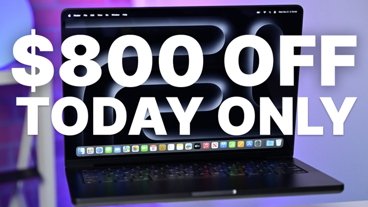
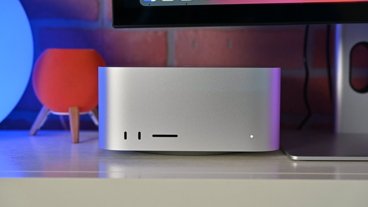
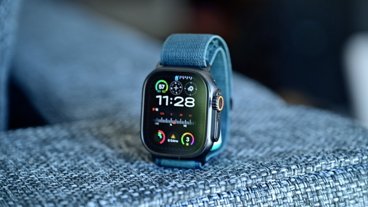

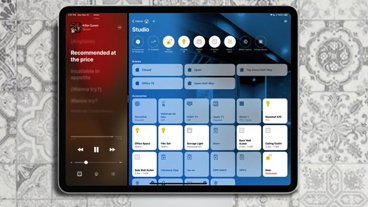
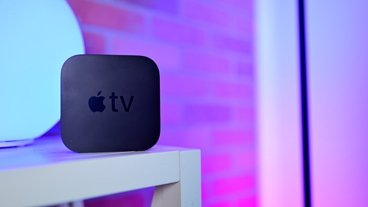
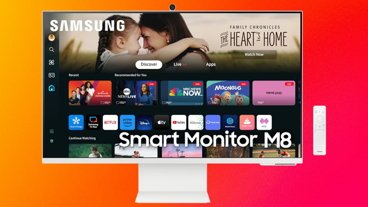

 Christine McKee
Christine McKee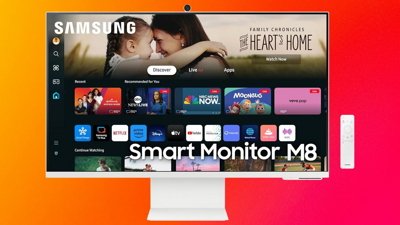
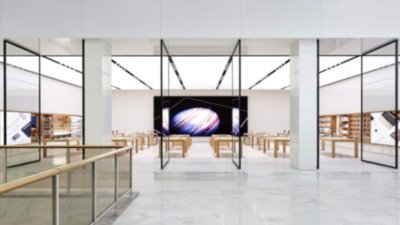
 Stephen Silver
Stephen Silver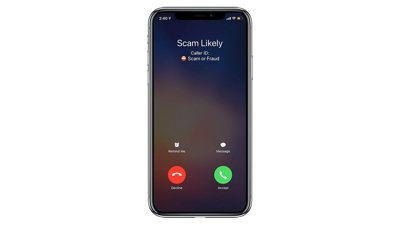
 Charles Martin
Charles Martin
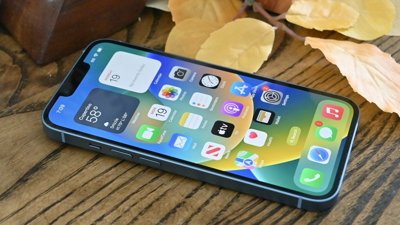
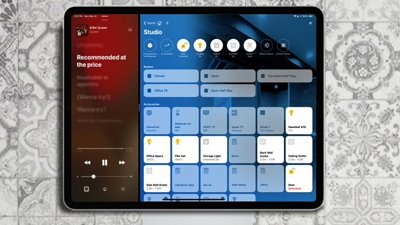
 William Gallagher
William Gallagher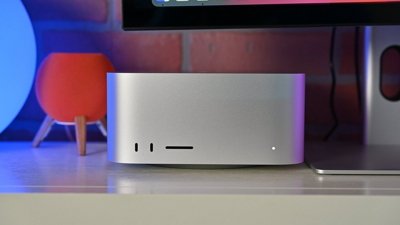
 Malcolm Owen
Malcolm Owen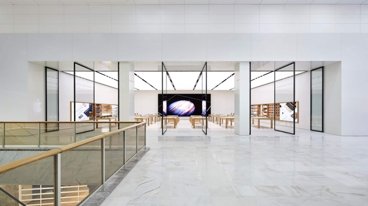
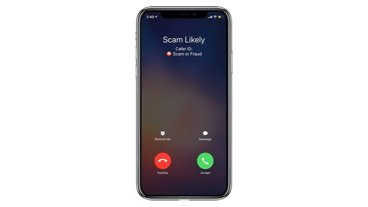
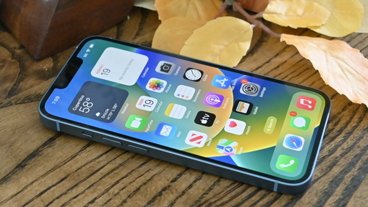







20 Comments
So what if it is a monopoly? Monopolies aren't illegal. Anti-competitive practices are illegal. If you start a company selling a widget that no one else makes, you have a monopoly. Unless you force retailers to sell ONLY your widgets by threatening to withhold them if they sell a new widget made by someone else, your monopoly is completely legal. This is what got Microsoft into trouble when they told Windows hardware manufacturers that they could only sell computers with Windows installed if they also refused to install any other web browsers. The government found this was anti-competitive and fined Microsoft heavily for it. Apple is the only company that sells macOS-equipped computers. They build and sell all the hardware and operating system software. While they may have a monopoly on macOS computers, they aren't forcing BestBuy et al to sell exclusively Apple hardware at the expense of other operating systems. If Apple told Walmart to stop selling Android tablets or face losing access to iPads, that would anti-competitive and illegal.
As usual Reuter’s and it’s vaguely written negative articles trying to sway opinions away from Apple.
Reuter’s daily practice.
why have to back up anything.
iPhones are that much cheaper in UAE than USA?
Maybe things are more expensive in Egypt because doing business there is very risky?